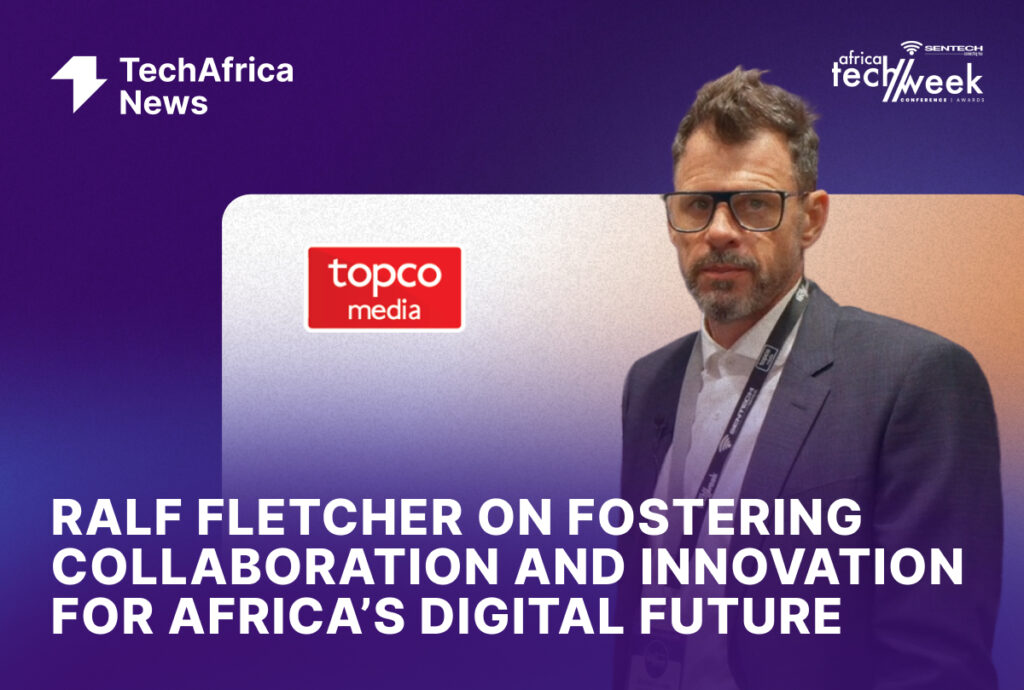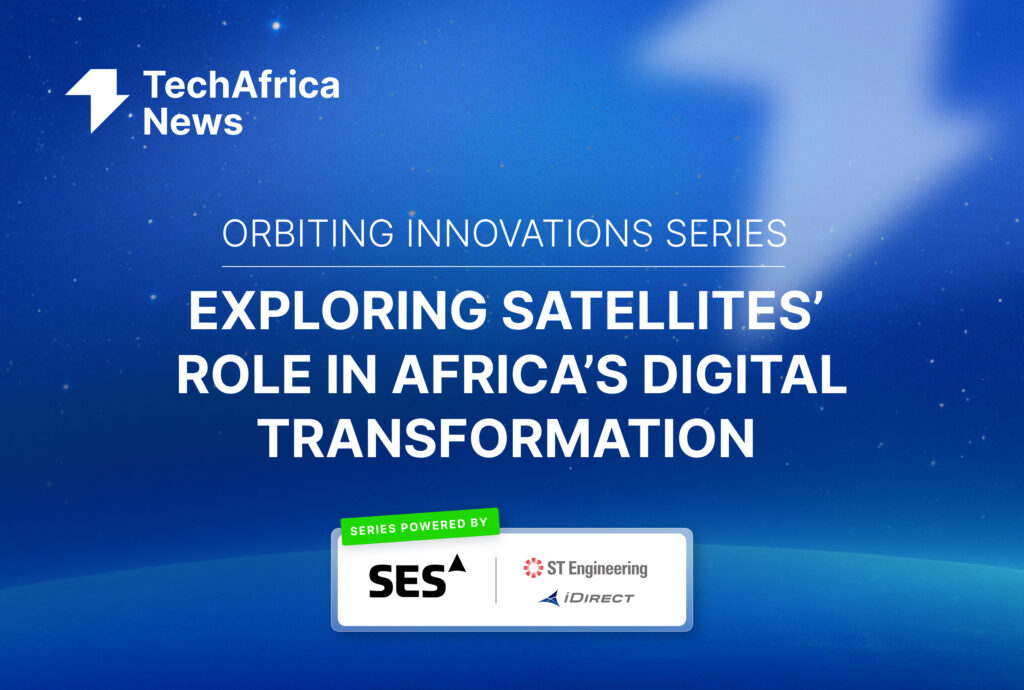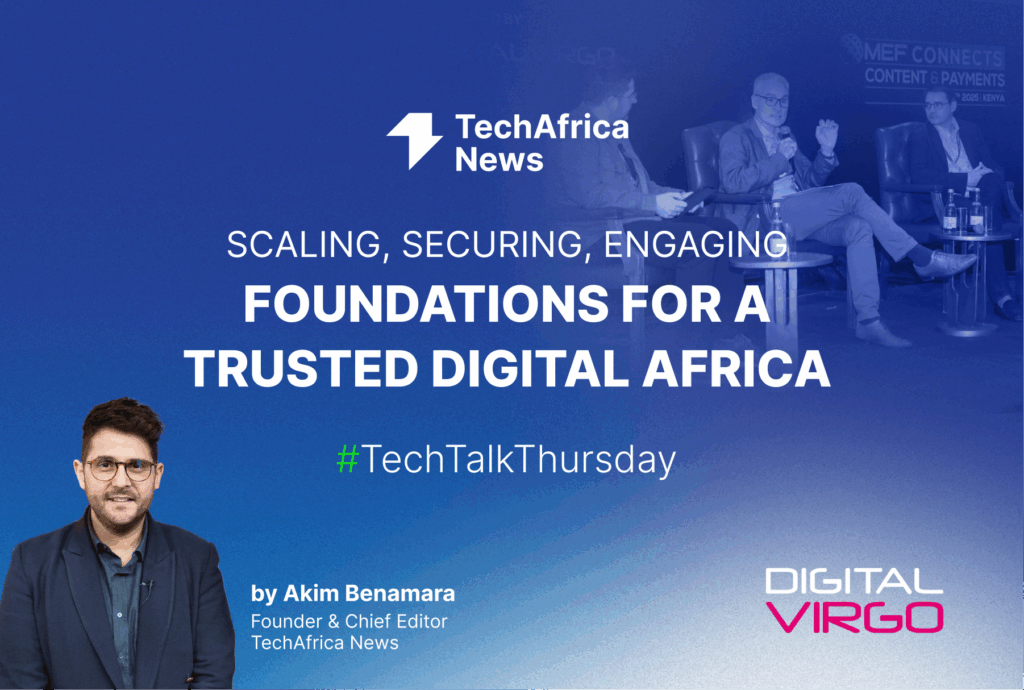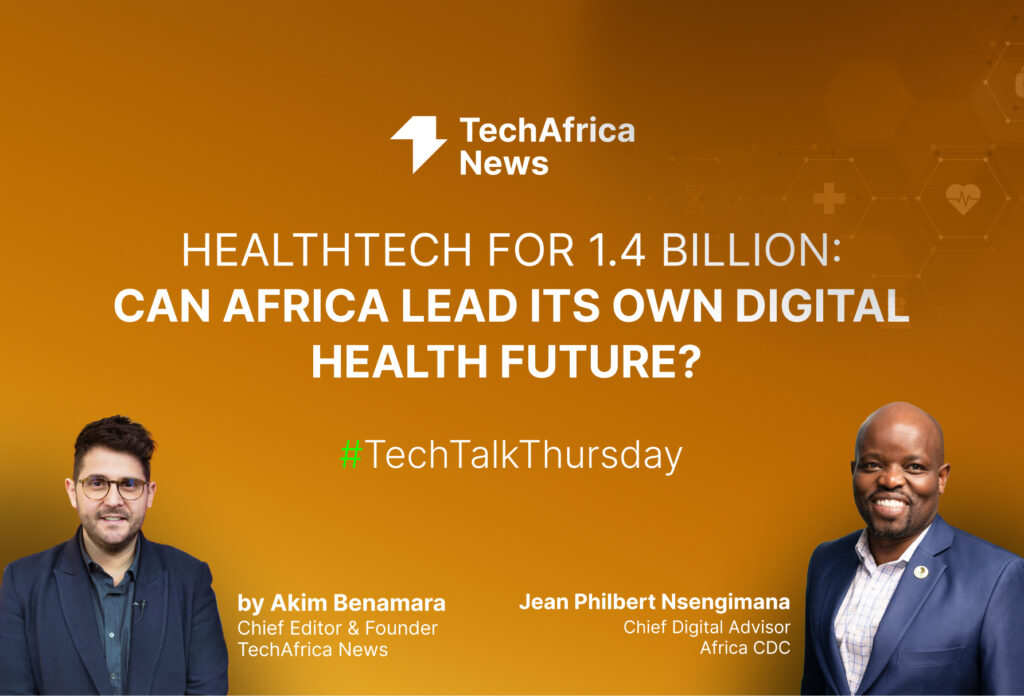GHash Mining Empowers Rural Electrification in Africa through Cryptocurrency Mining and Mini-Grid Investments

GHash Mining is a leading technology-driven cryptocurrency mining company with a vision to create sustainable value across the cryptocurrency industry. Diversified business covers cryptocurrency mining, mining pools, and data center operations.
Mini-grids will become increasingly important in bridging the energy access gap that still exists, especially in remote rural areas. In 2010, there were approximately 500 microgrid installations in sub-Saharan Africa.
Although the number has increased significantly, there is still greater acceleration. There are currently over 3,000 installations. According to one estimate (World Bank, 2023), more than 160,000 mini-grids are reportedly needed to meet access needs.
The International Renewable Energy Agency (IRENA), an intergovernmental organization that supports African countries, noted in its Annual Review of Renewable Energy and Jobs 2023 that “Kenya plays a significant role in the region, deploying mini-grids across Africa. A big part of it.” their transition to a sustainable energy future.
Commercial financiers often view mini-grids as not worth the investment.
They are not economically sustainable under the current funding model, particularly as community energy demand remains low so soon after commissioning.
Such huge capital expenditures are the reason why the dominant model for energy development in Africa to date has been through concessional funding – donations, grants and low-cost debt.
However, GHash Mining is changing the game by using cryptocurrency mining to help electrify the continent.
GHash Mining has established 25 small cryptocurrency data centers across the continent to supplement mini-grids. These mini-grids are critical to delivering power to rural communities that are far from the central grid.
The plan to build 140 small cryptocurrency data centers is expected to be completed in 2024.
Energy developers do not have to deal with excess stranded energy based on future community needs. Financial Sustainability Collocated mini-grids and small Bitcoin data centers can see financial ROI immediately upon commissioning.
As anchor tenants, miners provide energy developers with consistent, predictable, and paid energy needs, narrowing the gap in risk-return expectations between energy developers and financiers.
As primary customers, Bitcoin mining data centers provide initial and ongoing power needs, turning mini-grids into profitable enterprises even during the critical initial stages.
This new financing model justifies the large initial capital outlay of renewable energy infrastructure, while the demand unleashed by Bitcoin miners benefits households and businesses that previously lacked access to electricity.
As anchor tenants, Bitcoin mining data centers facilitate sustainable and profitable private investment, driving electrification for hundreds of millions of households in Africa currently living in darkness.
It’s a win-win-win situation for energy developers, local community businesses and households, and the national utility grid to which these microgrids are ultimately connected. Bitcoin mining data centers facilitate sustainable and profitable private investment needed to power hundreds of millions of households in Africa currently living in darkness.
The development of microgrids can help provide electricity to rural communities, thereby boosting economic development and improving education and health outcomes. At the same time, cryptocurrency mining operations can generate profits for investors, which can then be reinvested back into the mini-grid to expand its coverage and scale.
Affected by many factors, the “Economic Outlook for Sub-Saharan Africa” released by the International Monetary Fund (IMF) shows that the inflation rate in the region has reached “a level not seen in decades”, with more than half of the countries having inflation rates exceeding 10%. As of May 2023, Nigeria’s inflation rate reached 22.3%, and the inflation rates in Sao Tome and Principe, Egypt, and Ethiopia were 23.5%, 31%, and 32.7% respectively.
All in all, GHash Mining is making a significant contribution to the growth of cryptocurrency mining and the spread of electricity in Africa. By leveraging cryptocurrency mining operations to fund mini-grids, GHash Mining is providing a sustainable solution to rural electrification, benefiting both investors and local communities. As Africa continues to develop, we expect GHash Mining’s approach to energy investment and green energy innovation will continue to play an important role in the continent’s development.






